
Link Between Sexual Trauma and Weight Struggles in Women
Sexual trauma and abuse are harrowing experiences that leave indelible marks on the lives of survivors. For many women, the aftermath of such trauma manifests not only in psychological and emotional distress but also in physical changes, including obesity.
Emerging research indicates a complex relationship between sexual trauma and obesity, suggesting that obesity may function as a protective mechanism for survivors.

Link Between Childhood Trauma and Binge Eating Disorder in Women
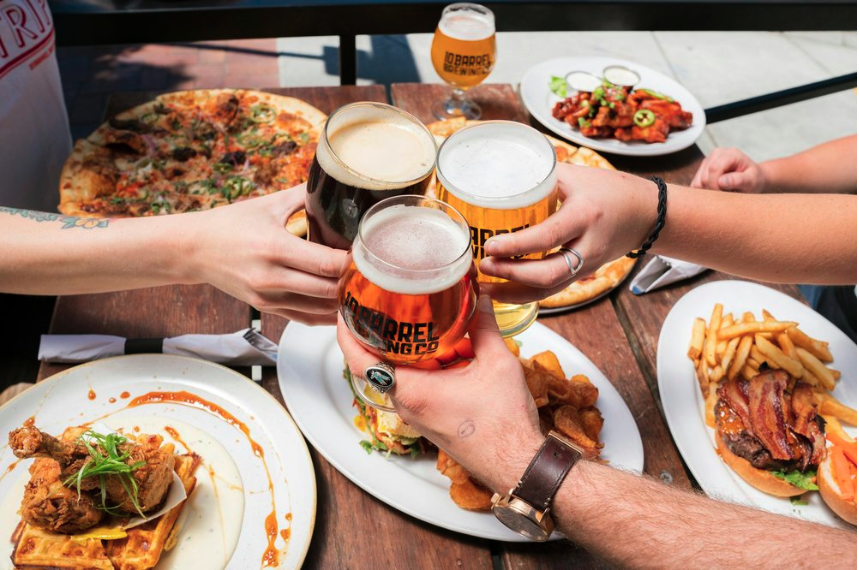
Are You an Overeater or Binge Eater?
In a world where food is abundant and social norms often revolve around indulgence, it's not uncommon for individuals to occasionally overeat or indulge in larger portions than they intended.
However, for some, these occasional instances can develop into patterns of behavior that go beyond mere overindulgence, leading to more concerning eating habits. It’s important to understand the distinction between overeating and binge eating. While both involve consuming large amounts of food, they differ significantly in terms of frequency, control, and psychological impact.
Understanding the differences between overeating and binge eating is crucial for recognizing when eating habits may be veering into unhealthy territory. In this article, we delve into the nuances of these behaviors, exploring the signs, symptoms, and implications of both overeating and binge eating. By shedding light on these issues, we aim to provide clarity and support for individuals who may be grappling with their relationship with food, empowering them to seek balance and cultivate healthier eating habits.
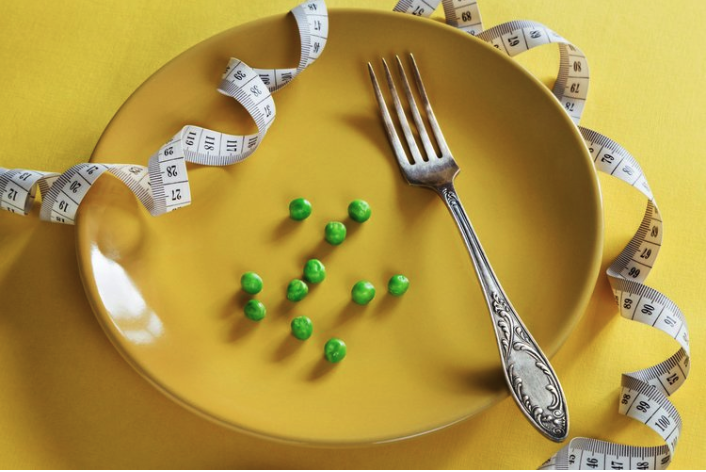
Why Dieting Does Not Work
Dieting is a common approach people use in an attempt to lose weight. Despite its popularity, there is substantial evidence suggesting that dieting is not only ineffective in the long term but can also lead to a variety of negative health outcomes. The fundamental issue often lies in the relationship people have with food, characterized by ignoring hunger cues, counting calories obsessively, and constantly thinking about food.
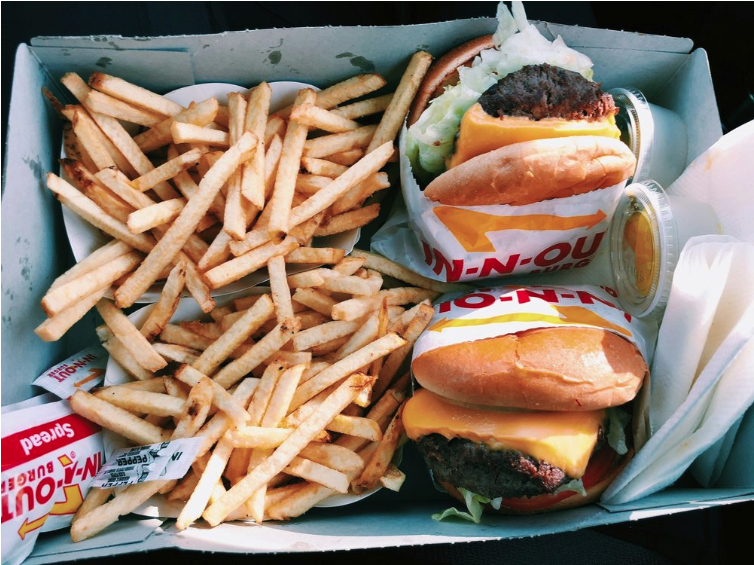
How to Stop Binge Eating & Food Addiction For Good?
Binge eating is tricky. There are foods that are better to eat to help you feel less hungry later; however, it can be very mental and emotional. The truth is that it is worth it to see a therapist and find the root causes of why you are binge eating in the first place.
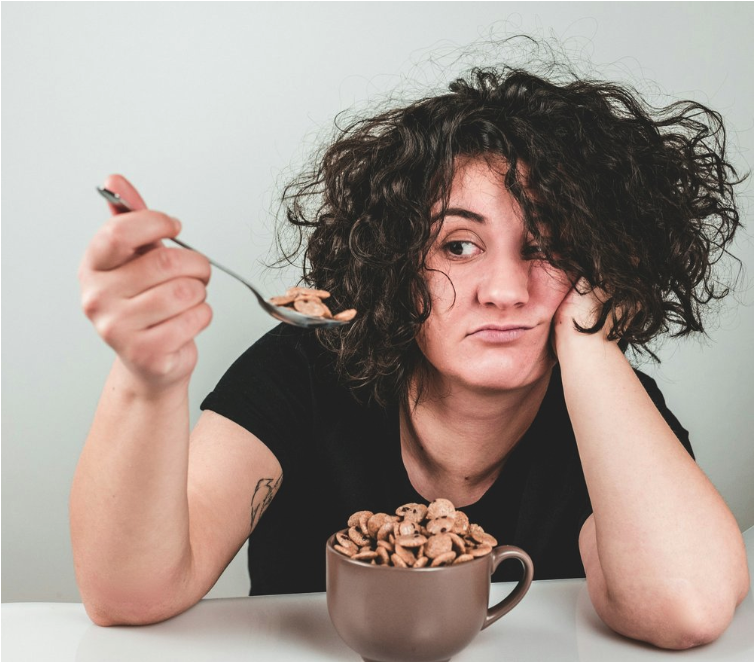
5 Secret Root Causes of Emotional Binge Eating No One Talks About
The causes of emotional binge eating are unique to each individual. There isn't a single cause that fits everyone, and it's not a problem with one root cause—it's multifaceted.
Emotional binge eating is an emotional problem that requires an emotionally focused approach. This is why most recommendations that focus solely on changing behavior do not work. They overlook the fact that emotional binge eating is a symptom of deeper emotional issues.
Understanding these emotional causes can be key to addressing and managing binge eating.

The Benefits of Life Coaching for Women Struggling with Binge Eating, Food Addiction, Body Hate, and Weight Problems
While hypnotherapy and intuitive eating focus on healing the mind and body connection, promoting emotional and physical well-being. Life coaching complements this by offering practical strategies and ongoing encouragement, ensuring that women stay on track with their healing journey.
Life Coaching also provides the structure and motivation needed to set and achieve goals, while hypnotherapy addresses subconscious barriers and intuitive eating fosters a healthy relationship with food. Together, they offer a well-rounded support system that tackles both the conscious and subconscious aspects of eating behaviors and body image.
The combined approach helps women develop sustainable habits and mindsets. Intuitive eating encourages long-term healthy eating patterns, hypnotherapy reprograms negative thought patterns, and life coaching provides the tools and accountability to maintain these changes over time.

Benefits of Intuitive Eating for Overcoming Emotional Binge Eating & Food Addiction
Intuitive eating is a new eating lifestyle that requires no thinking because it is your second nature. Intuitive eating encourages individuals to reconnect with their body's natural hunger and fullness cues. This holistic approach not only fosters a healthier relationship with food but also addresses the underlying emotional and psychological factors driving binge eating and food addiction.

Benefits of Holistic Nutrition Therapy for Chronic Dieting & Emotional Binge Eating
Holistic nutrition therapy focuses on properly nourishing the body, enhancing digestion, identifying and addressing food sensitivities, and rectifying nutrient deficiencies. It steers away from the concept of a weight loss diet or categorizing foods as inherently good or bad. Many of my clients experience weight loss as a result of addressing the underlying physiological issues, not as a result of a "dieting." And weight loss is always a side effect of taking care of the house, not a main focus.

Benefits of Hypnotherapy to Stop Emotional Binge Eating, Food Addiction, Body Hate & Weight Issues.
Even though we all have one brain, we have two minds—the conscious or logical mind and the unconscious or emotional mind. The conscious mind or logical mind is the conscious part of our thinking where we use logic to explain everything, and everything is physical at this level.
The unconscious mind or the emotional mind, on the other hand, is "The Master Mind." It controls our basic survival needs, such as breathing, heart pumping, blood pressure, kidney functions, immunity, digestion, etc. You get the idea. This is also the "Survival mind" or the reptilian mind. This is the mind that is like our security guard. It protect us and keep us away from harm and try and make sure that we survive.

How Does Healing from Emotional Binge Eating Look Like?
Starting on the journey to healing from an eating disorder is a courageous step towards reclaiming your life and nurturing your well-being. However, the road to recovery is not always easy, and it's important to understand the feelings and thoughts you may experience along the way.
Healing often feels like confusion when your new beliefs challenge your old beliefs and thoughts. It’s like remodeling a home: Things have to be chaotic first before the beautiful outcome shows up.

20 Delicious Healthy Guilt-Free Cheat Day Snacks
The term "cheat eating" has become increasingly prevalent, often associated with indulging in unhealthy foods guiltily. Cheat eating is often viewed as a sinful act, a deviation from one's healthy eating habits, often accompanied by guilt and shame. It's seen as a downfall in willpower, leading to feelings of failure and self-criticism. However, cheat eating is not inherently negative.

How Does Past Trauma/Adverse Childhood Events Affect Your Relationship with Foods?
As an experienced dietitian with a background in hypnotherapy, I've witnessed firsthand the profound impact that past trauma can have on one's relationship with food. Past trauma, whether it be physical, emotional, or sexual, can leave lasting scars that reverberate through every aspect of our lives, including our relationship with food. For many individuals, food becomes a coping mechanism—a way to soothe painful emotions, regain a sense of control, or fill voids left by unmet emotional needs.

How to Break Free From the Self-Sabotaging Cycle of Emotional Eating?
You don’t need another diet. You don’t need another food list or meal plan to follow. In fact, often times the reason why you are binge eating, overeating, or can’t stop eating has nothing to do with the food at all. But the diet culture makes you believe there is a magical diet, magical calorie amount, or you have to follow such anns such strict food rules to be successful. As a result, you become obsessed over food all the time, doubting every food decision, every bite of food you eat.
The truth is that it’s not a lack of knowledge or even motivation. You know exactly what you need to do and what food is better and what is not, but the honest question is why you keep self-sabotaging your effort by choosing the wrong kind of food for your body and even Eating a lot of it to the point that it makes you feel gross and disgusting, uncomfortable, and in pain? Why????

8 Common But Not Unusual Childhood Events that Lead to Emotional Binge Eating in Adulthood
As a holistic dietitian, I fix my clients’ gut issues, hormone imbalance, and food sensitivity, and they start feeling better and lose weight without starvation or brutal daily exercise.
But, 2-3 months later, most will revert to their old eating habits. Then I realized that my clients were all struggling with emotional binge eating disguised as “I love sweets,” “I have a sweet tooth,” or “I can’t live without [insert your food addiction] .”

The Psychology of Emotional Binge Eating
It all begins with an idea.

Why do I turn to food when I'm feeling stressed, sad, or anxious?
The root causes of emotional eating often run deeper than mere physiological cravings. It’s essential to recognize that emotional eating is not solely about food; it's about using food as a tool to cope with difficult emotions.

10 Common Emotional Binge Eating Triggers
It all begins with an idea.
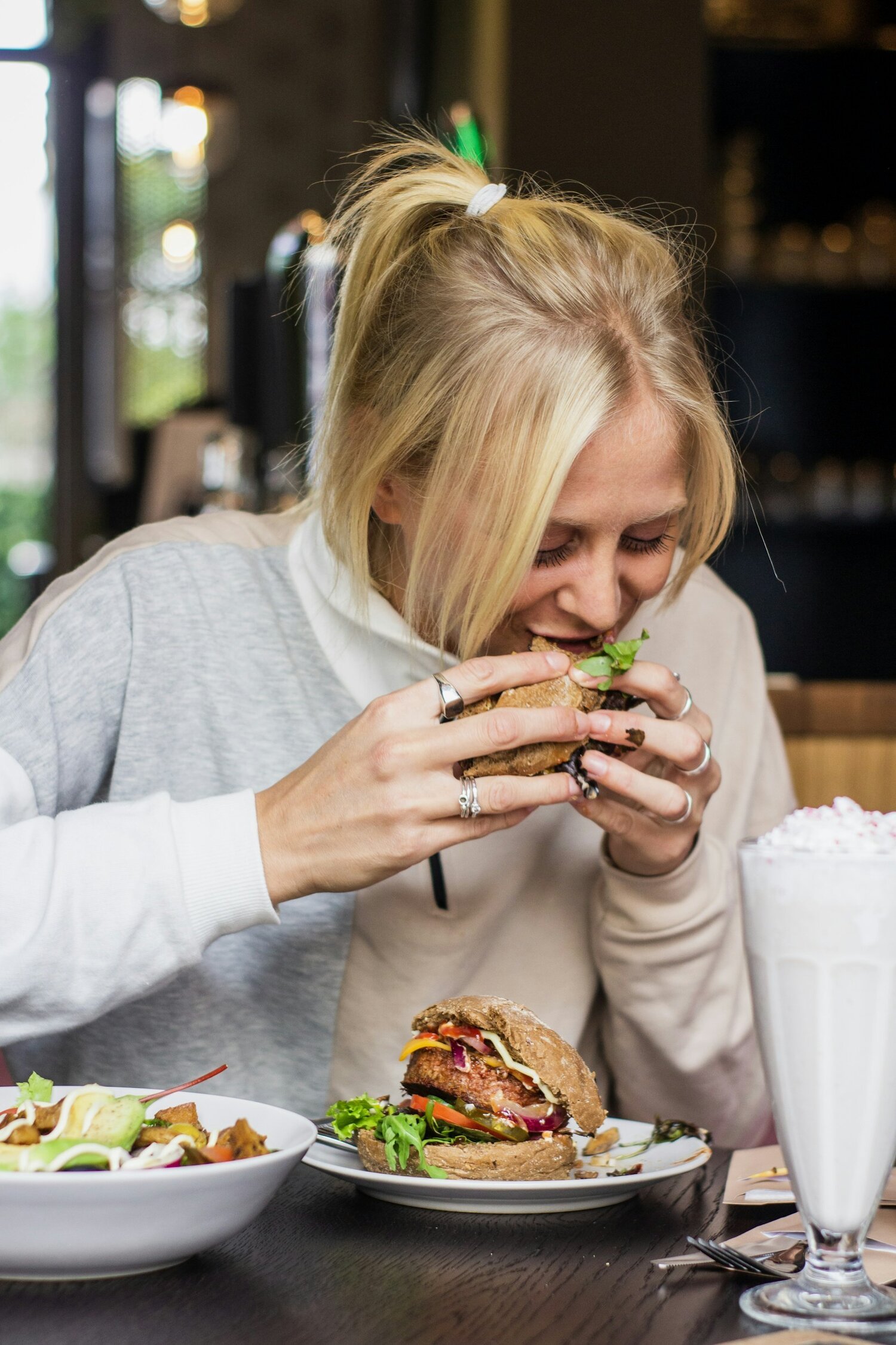
Quiz: Are You an Emotional Binge Eater?
Emotional binge eating is a complex mental health condition where food becomes a tool for coping with emotional distress or exerting control over one's life.
Emotional binge eating is not all about food but is rather a maladaptive coping mechanism for managing overwhelming feelings or life stressors.
The act of eating or restricting food is often a manifestation of deeper emotional struggles, such as low self-esteem, perfectionism, trauma, or anxiety.

10 Common But Unspoken Causes of Weight Gain Your Doctors, or Dietitians Don't Talk About
If you’ve been eating less than 1000 calories every day and exercising an hour every day, tracking every calorie you eat and burn, and are 100% sure that you’re eating a calorie deficit diet, and yet you are not losing weight, you know something's not right.
And it is not your calorie calculations. I’m sure your calorie calculations are on point, knowing that this is likely your thousandth dieting attempt.
What this shows is that calories are not your enemy.